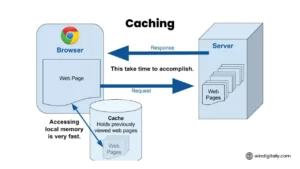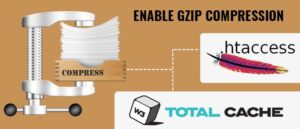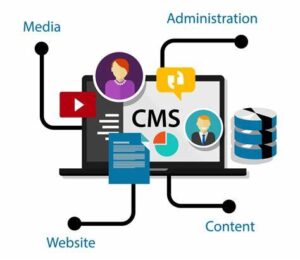Introduction
Having a website is essential for any business or organization in today’s digital age. However, it’s not enough to simply have a website; it’s equally important to ensure that your website is optimized for performance. A slow website can negatively impact user experience, resulting in high bounce rates, poor search engine rankings, and ultimately, lower conversions.
In this article, we will discuss ten proven ways to optimize your website’s performance. From using a content delivery network to optimising images, these ways can help optimize website performance , speed, search engine rankings, and user experience.
Ways to Optimise Website’s Performance
1. Use a Content Delivery Network (CDN)
A Content Delivery Network (CDN) is a network of servers that work together to deliver content to users based on their geographic location. By using a CDN, you can reduce website load times and improve user experience. When a user visits your website, the CDN will deliver content from the server closest to the user, reducing latency and improving website speed.

2. Optimise Images
Images can significantly impact your website’s performance. Large images can slow down your website’s load time, resulting in a poor user experience. Therefore, it’s essential to optimise images by compressing files, reducing file sizes, and choosing the correct image format.

3. Minify CSS and JavaScript
Minifying CSS and JavaScript files can significantly improve your website’s performance. Minifying involves removing unnecessary code, comments, and white space, resulting in smaller file sizes and faster load times.

4. Use Caching
Caching involves storing frequently accessed data in a temporary storage location, reducing the time it takes to retrieve data. By using caching, you can significantly improve website speed and reduce load times.

5. Choose a Fast Web Host
Choosing a fast web host is essential for website performance optimisation. A slow web host can significantly impact website speed, resulting in a poor user experience. Therefore, it’s essential to choose a reliable and fast web host to ensure optimal website performance.

6. Reduce HTTP Requests
Each HTTP request requires a round trip between the user’s browser and your website server, resulting in increased load times. Therefore, it’s essential to reduce the number of HTTP requests on your website to improve website speed and user experience.

7. Enable Gzip Compression
Gzip compression involves compressing files before sending them to the user’s browser, reducing file sizes and improving website speed. By enabling Gzip compression, you can significantly improve your website’s performance.

8. Optimise Above-The-Fold Content
Above-the-fold content refers to the content that appears on a user’s screen before scrolling down. By optimising above-the-fold content, you can significantly improve website speed and user experience. Therefore, it’s essential to ensure that above-the-fold content is optimised for performance.
9. Use a Content Management System (CMS)
Using a Content Management System (CMS) can significantly improve your website’s performance. A CMS such as WordPress or Drupal provides a range of features and plugins to help you optimize your website’s performance. For instance, you can use caching plugins, image compression plugins, and SEO plugins to improve website speed and search engine rankings.

10. Use a Responsive Design
A responsive design ensures that your website looks and functions correctly on all devices, including desktops, tablets, and smartphones. By using a responsive design, you can improve website speed and reduce bounce rates, resulting in a better user experience.
Conclusion
Optimizing your website’s performance is essential for ensuring a positive user experience, improving search engine rankings, and ultimately, increasing conversions. By implementing the ten methods discussed in this article, you can significantly improve website speed and user experience. Remember to test your website’s speed regularly and make adjustments as necessary to ensure optimal performance.
Read more: 10 Ways to Optimise Website’s Performance
